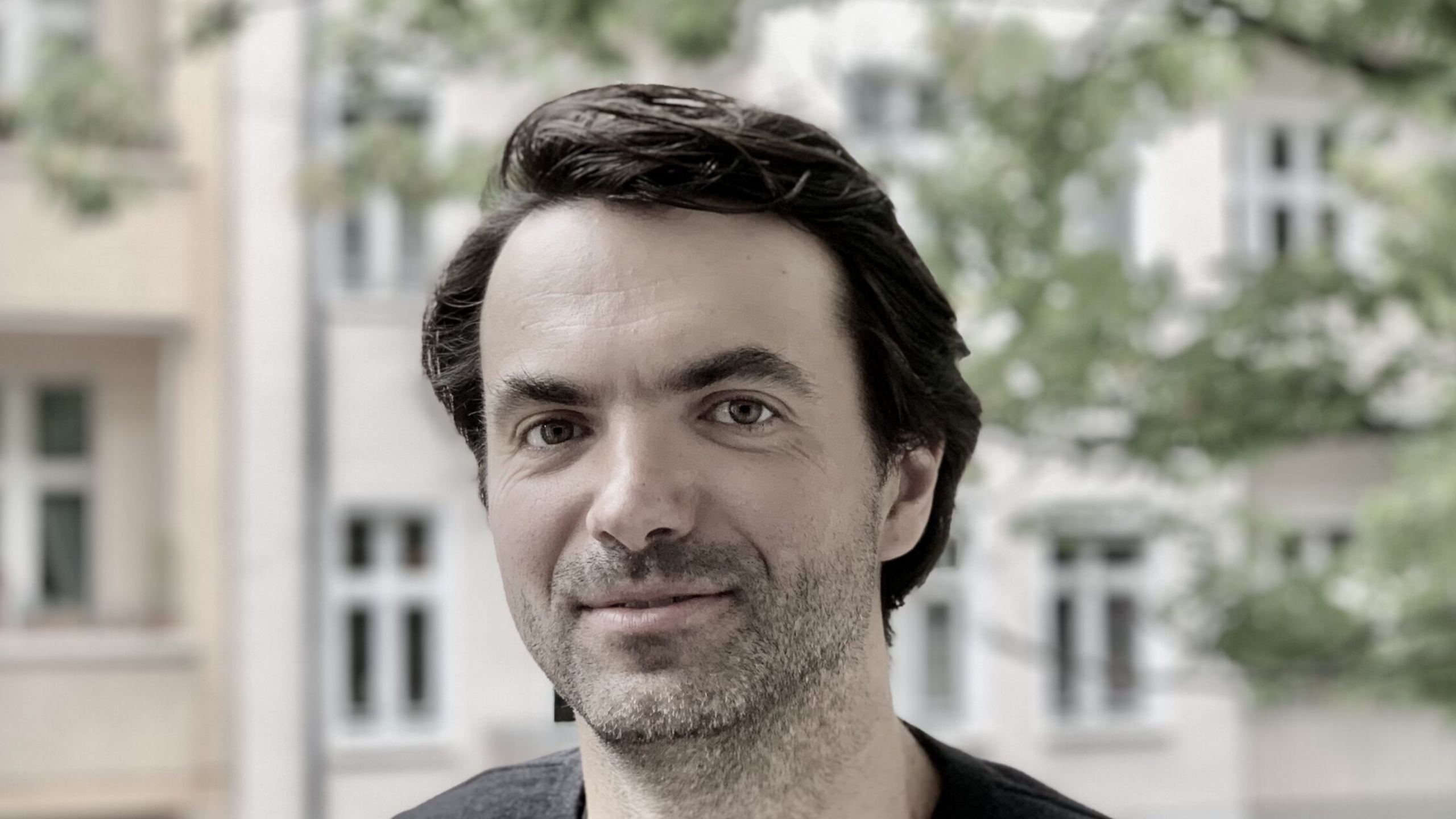Computational communication science (CCS) is embraced by many as a fruitful methodological approach to studying communication in the digital era. However, theoretical advances have not been considered equally important in CCS. Specifically, we observe an emphasis on mid-range and micro theories that misses a larger discussion on how macro-theoretical frameworks can serve CCS scholarship. With this article, we aim to stimulate such a discussion. Although macro frameworks might not point directly to specific questions and hypotheses, they shape our research through influencing which kinds of questions we ask, which kinds of hypotheses we formulate, and which methods we find adequate and useful. We showcase how three selected theoretical frameworks might advance CCS scholarship in this way: (1) complexity theory, (2) theories of the public sphere, and (3) mediatization theory. Using online protest as an example, we discuss how the focus (and the blind spots) of our research designs shifts with each framework.


